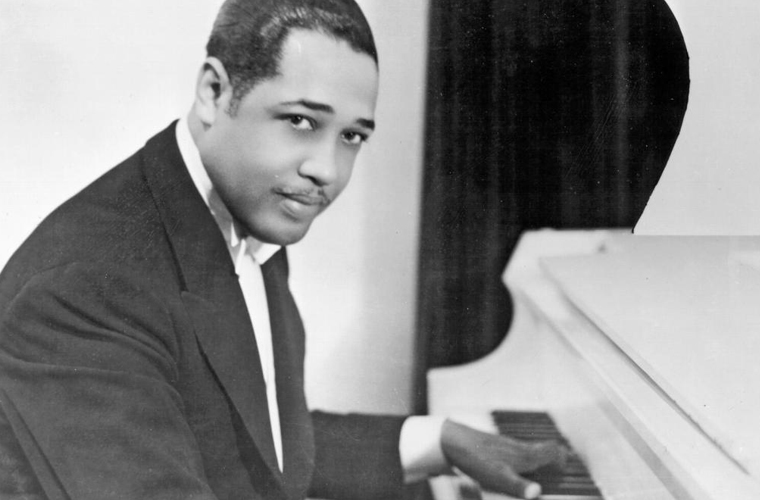Duke Ellington, born Edward Kennedy Ellington, was an American composer, pianist, and bandleader who was one of the most influential figures in jazz music. He was born on April 29, 1899, in Washington, D.C., and he passed away on May 24, 1974, in New York City. Ellington’s career spanned over 50 years, and he is widely regarded as one of the greatest jazz musicians of all time.
Ellington’s musical talents were evident from a young age, and he began studying piano at the age of seven. He was largely self-taught and developed his own unique style that would later become synonymous with the “Ellington sound.” In his early career, Ellington played in various bands and orchestras before forming his own band, the Duke Ellington Orchestra, in the late 1920s.
One of Ellington’s most significant contributions to jazz music was his innovative approach to composition and orchestration. He was a prolific composer, and his compositions often featured complex harmonies, intricate melodies, and a wide range of musical influences, including classical, blues, and gospel music. His orchestrations were equally groundbreaking, utilizing the different timbres and textures of the instruments in his band to create a rich and dynamic sound.
In addition to his musical talents, Ellington was also a charismatic and influential bandleader. He had a keen eye for talent and assembled a roster of exceptional musicians who would become known as some of the best in the business. His band, often referred to as the “Duke Ellington Orchestra” or simply “the band,” became renowned for its tight arrangements, virtuosic soloists, and electrifying live performances.
Throughout his career, Ellington achieved numerous milestones and accolades. He composed over 1,000 pieces of music, including popular standards such as “Take the ‘A’ Train,” “Mood Indigo,” and “It Don’t Mean a Thing (If It Ain’t Got That Swing).” He also received multiple Grammy Awards, a Pulitzer Prize, and the Presidential Medal of Freedom for his contributions to American music.
Beyond his musical accomplishments, Ellington was also a prominent figure in the civil rights movement. He used his platform to advocate for racial equality and broke down barriers by performing with integrated bands at a time when segregation was still prevalent in many parts of the United States.
Duke Ellington’s impact on jazz music and American culture is immeasurable. His pioneering spirit, innovative approach to music, and enduring legacy continue to inspire musicians and audiences around the world. His influence can be heard in countless recordings and performances, and his contributions to the genre have solidified his place as a true icon of jazz.

